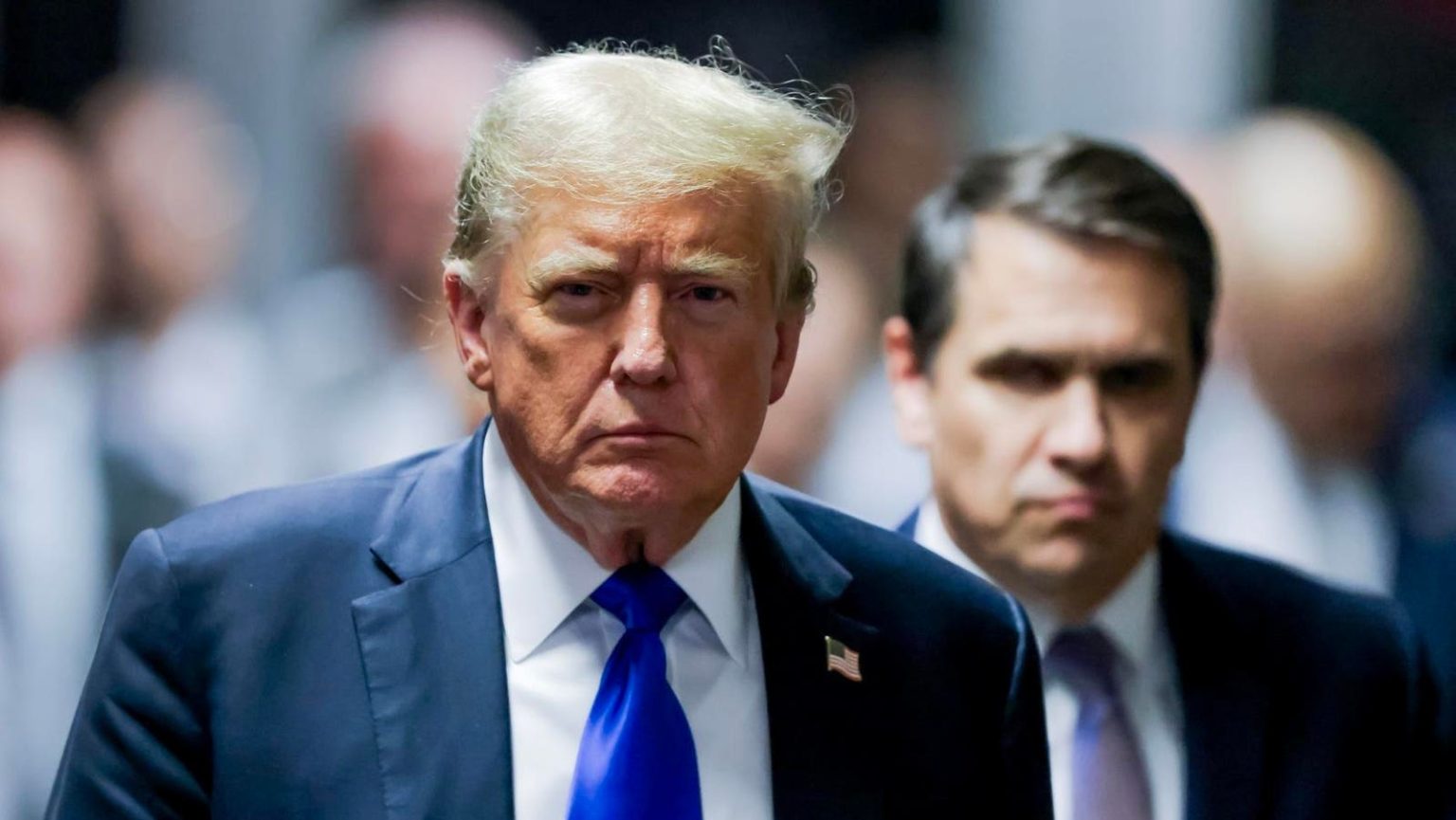Trump Seeks to Halt Sentencing in Manhattan Criminal Case, Citing Impending Presidency
President-elect Donald Trump is engaged in a legal battle to postpone his sentencing in a Manhattan criminal case, scheduled for Friday, arguing that it should be delayed until an appeals court rules on the validity of his guilty verdict. Trump’s lawyers filed a notice of appeal on Monday, challenging Judge Juan Merchan’s decision to proceed with the sentencing despite their request to dismiss the verdict. This legal maneuver adds another layer of complexity to the ongoing legal saga surrounding the former president.
The case stems from Trump’s conviction on 34 felony counts of falsifying business records related to hush-money payments made to adult film star Stormy Daniels during the 2016 presidential campaign. Trump’s legal team contends that Judge Merchan’s refusal to dismiss the verdict and his scheduling of the sentencing should be reviewed by an appeals court. They argue that proceeding with the sentencing before the appeals process concludes would prejudice Trump’s rights.
Central to Trump’s argument is the assertion that moving forward with the case would interfere with the functioning of the federal government and violate the Supremacy Clause of the Constitution, which prioritizes federal law over state law. He claims that his impending presidency necessitates a pause in the proceedings to avoid potential conflicts and disruptions to his official duties. The Manhattan District Attorney’s office, which prosecuted the case, has stated its intention to respond to Trump’s request.
The timing of the appeals court’s decision remains uncertain, leaving open the possibility that the sentencing could be delayed. Judge Merchan has acknowledged the potential for postponement beyond Inauguration Day, even suggesting that it could be deferred until after Trump leaves office in 2029. This raises questions about the practicality and implications of sentencing a sitting president.
Judge Merchan has indicated that he considers an "unconditional discharge" as the most likely outcome, meaning Trump would be formally convicted but face no penalties. However, if penalties are imposed, they could include a fine of up to $170,000. Judge Merchan has ruled out imprisonment, citing the impracticalities of incarcerating a president. Other potential penalties, such as probation, also appear unlikely due to logistical challenges.
The case against Trump revolves around a series of payments made to reimburse his former attorney, Michael Cohen, for the hush-money payment to Stormy Daniels. Prosecutors successfully argued that these reimbursements were falsely recorded as legal expenses. Trump’s legal team has consistently sought to delay the sentencing, initially scheduled for July, citing various reasons. The judge’s decision to proceed with the sentencing before Inauguration Day surprised some, considering that prosecutors had previously suggested postponing it until after Trump left office. However, Judge Merchan argued that Trump should have anticipated this possibility given his previous requests for adjournments. This legal maneuvering underscores the complex interplay between criminal proceedings and the presidency, raising questions about the timing and appropriateness of legal actions against a sitting president. The outcome of this legal battle will have significant implications for the future of the case and potentially for the presidency itself. Furthermore, this case highlights the challenges in balancing the principles of accountability and the practicalities of governing when a president faces criminal charges. As the legal process unfolds, the nation will be watching closely to see how these issues are resolved.


